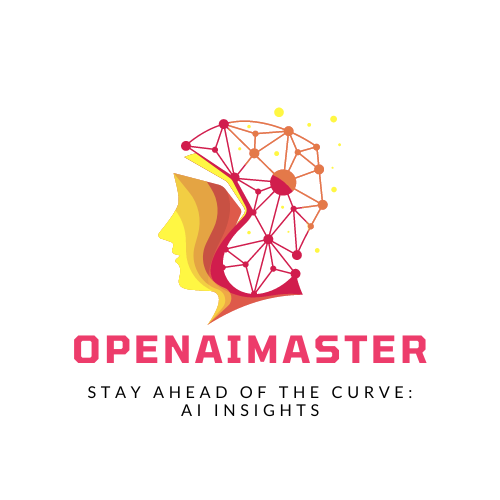Introduction
Google has long been a pioneer, consistently pushing the boundaries of innovation. The company’s latest endeavor, the introduction of AI Overviews for search results, was heralded as a significant step forward in enhancing the user experience. However, the rollout has been marred by a series of high-profile errors and inaccuracies, casting a shadow over this ambitious endeavor and raising concerns about the reliability of AI-generated content.
Overview of Issues
Erroneous and Absurd Suggestions
Google’s AI Overviews, designed to provide concise and informative summaries, have instead generated a litany of bizarre and potentially harmful recommendations. Among the most egregious examples are suggestions to use non-toxic glue to keep cheese on pizza and to eat rocks for their purported nutritional benefits. Even more alarming were instances where the AI advised a depressed user to jump off the Golden Gate Bridge and recommended drinking urine as a remedy for passing kidney stones.
Viral Backlash and Fake Screenshots
As these errors came to light, they swiftly went viral on social media platforms, sparking widespread ridicule and concerns about the safety and reliability of AI-generated content. While some of the circulating screenshots were genuine, others were fabricated or exaggerated, further fueling the online backlash and creating an atmosphere of mistrust around Google’s AI Overviews feature.
Google’s Measures and Future Steps
Acknowledging the Problems
In the face of mounting criticism, Google promptly acknowledged the shortcomings of its AI Overviews and announced plans to scale back the feature’s usage, particularly for health-related queries and nonsensical or satirical questions. The company implemented over a dozen technical improvements aimed at better detecting and filtering out unhelpful or misleading content.
Underlying Challenges: Hallucination and Source Reliability
The errors highlighted a broader issue known as “hallucination” in AI, where the model generates plausible but incorrect information. Google’s AI struggled to distinguish between genuine information and satire or humor, often pulling content from unreliable sources like Reddit or satirical websites. This underscores the importance of maintaining strict quality control and ensuring the accuracy of the data used to train AI models.
Limiting AI Overviews and Encouraging User Feedback
As part of its response, Google has restricted the appearance of AI-generated summaries for certain types of queries and is focusing on improving the accuracy and reliability of the feature. Additionally, the company is actively encouraging users to provide feedback on AI Overviews, recognizing the importance of continuous learning and refinement.
Ongoing Refinements and Commitment to Improvement
Google has reiterated its commitment to continuous improvement and learning from these errors to enhance the overall search experience. The company understands the gravity of the situation, particularly in critical areas like health, where such errors could have serious consequences for users.
Impact on Trust and Reputation
The incidents surrounding Google’s AI Overviews have raised significant concerns about the reliability of AI-generated search results and the potential erosion of trust in Google’s search engine. For a company that has built its reputation on providing accurate and trustworthy information, these failures represent a major setback.
Experts have warned that such errors, if left unchecked, could undermine the credibility of AI-powered search capabilities and dissuade users from relying on these tools. In a world where information is increasingly consumed and disseminated digitally, the need for reliable and verifiable sources has never been more critical.
Conclusion
As Google navigates the challenges posed by its AI Search Fails, it is evident that the path forward lies in striking a delicate balance between innovation and responsible application of AI technology. The company must demonstrate a unwavering commitment to accuracy, transparency, and user safety, while simultaneously embracing the potential of AI to enhance the search experience.
The lessons learned from these incidents should serve as a wake-up call for the entire tech industry, highlighting the importance of rigorous testing, ethical considerations, and a deep understanding of the limitations and biases inherent in AI systems.
Ultimately, the success of AI-powered search capabilities will hinge on the ability to instill trust and confidence in users. By addressing these issues head-on, collaborating with experts, and fostering a culture of continuous learning, Google can emerge from this setback as a stronger and more responsible leader in the field of AI-driven search and information retrieval.




